Search
Research
National brain tumour registry: a new era of research collaboration with ChinaCancer continues to be a leading cause of death globally. However, there remains a significant disparity in the reported incidence of cancer in developed countries, estimated to be 295.3 cases per 100,000 people, compared with only 115.7 in developing countries. Some of the reasons for this variation include lack of robust data collection with limited reporting systems, and insufficient data availability in the registries of these developing nations.
Research
The Bone Marrow Microenvironment in B-Cell Development and MalignancyB lymphopoiesis is characterized by progressive loss of multipotent potential in hematopoi-etic stem cells, followed by commitment to differentiate into B cells, which mediate the humoral response of the adaptive immune system.
Research
Immunogenicity of the inactivated influenza vaccine in children who have undergone allogeneic haematopoietic stem cell transplantThis study provides evidence to support annual inactivated influenza vaccine administration to children following allogeneic haematopoietic stem cell transplant
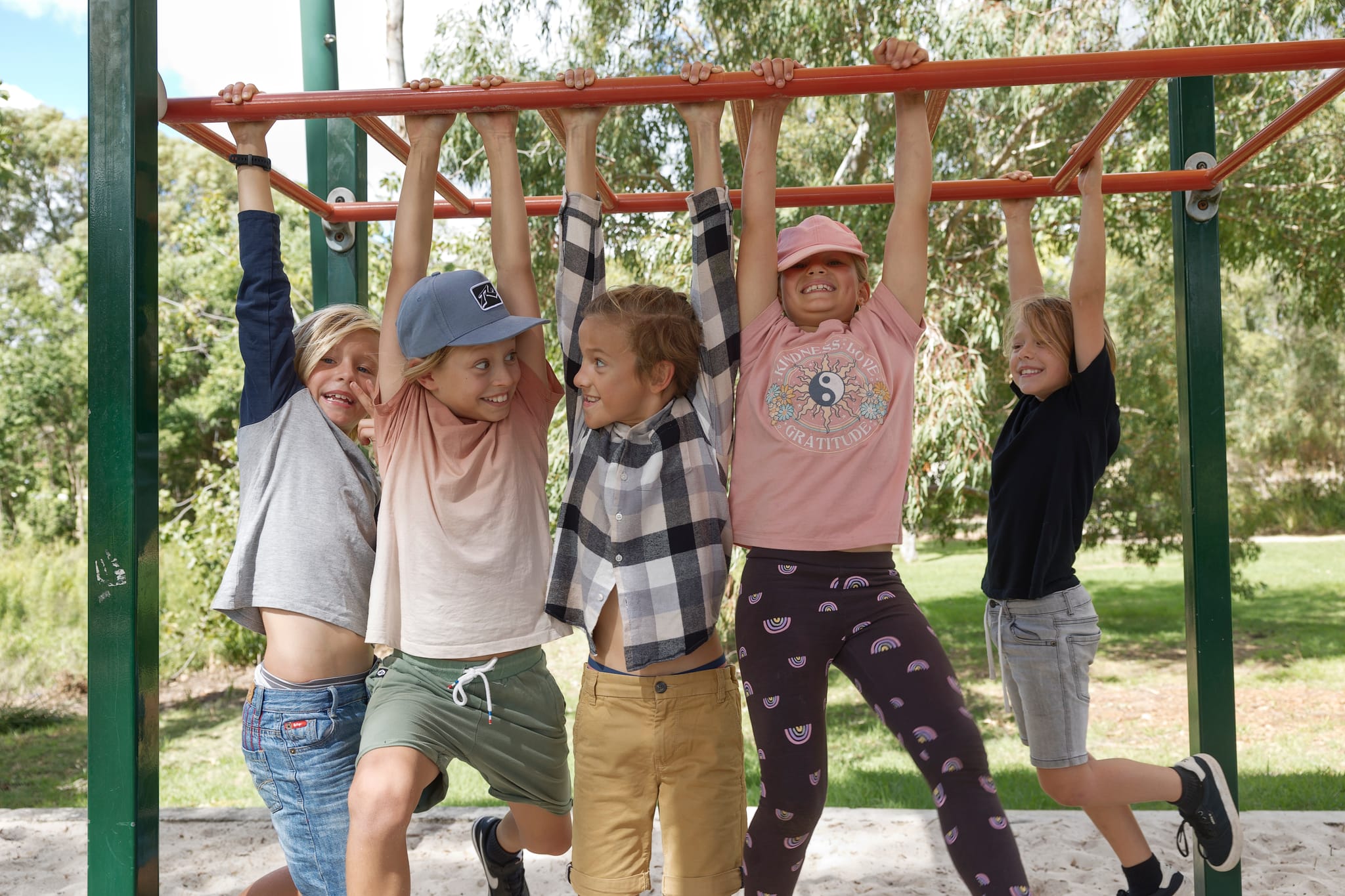
News & Events
Funding boost for childhood cancer research projectsProjects to improve outcomes for leukaemia patients and reduce skin cancer rates in young Aboriginal people have received funding through Cancer Council WA.
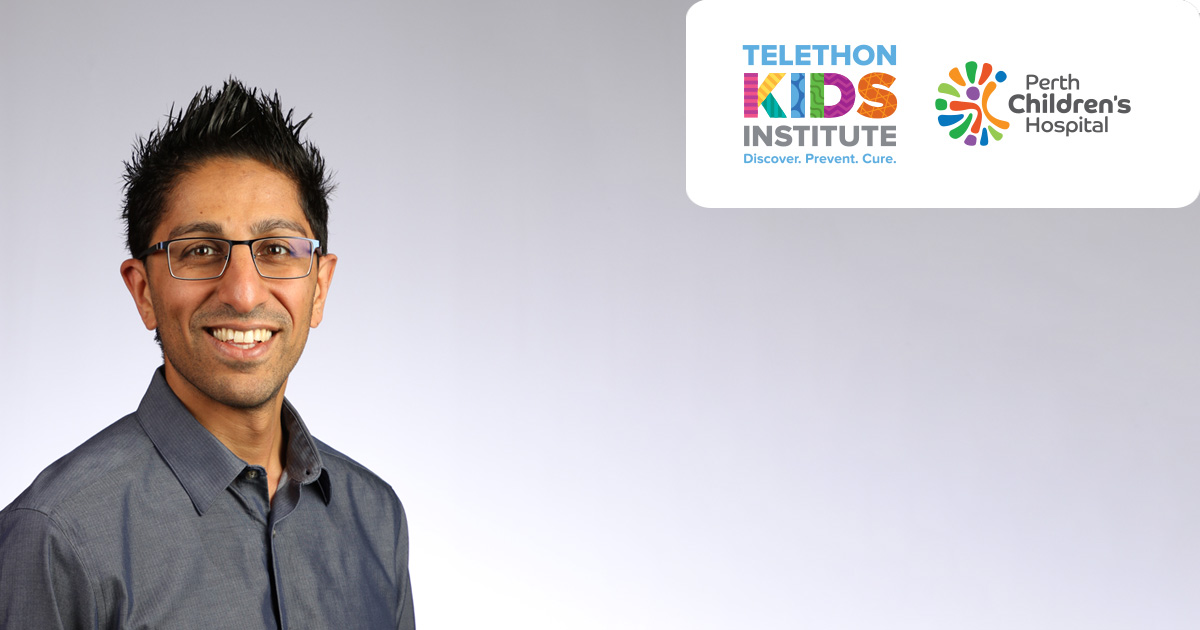
News & Events
Immunotherapy drug dramatically improves survival for babies with rare leukaemiaA pilot clinical study, led in Australia by a The Kids Research Institute Australia and Perth Children's Hospital researcher, has found an immunotherapy drug can dramatically increase survival rates for babies with a rare form of leukaemia, paving the way for a major international clinical trial.

News & Events
Homeward bound: The Kids Research Institute Australia researcher taking on scientific leadership challengeThe Kids Research Institute Australia researcher, Dr Anya Jones, will join some of the world’s brightest female scientists after being selected to take part in a global project to amplify the voices of women in science leadership.
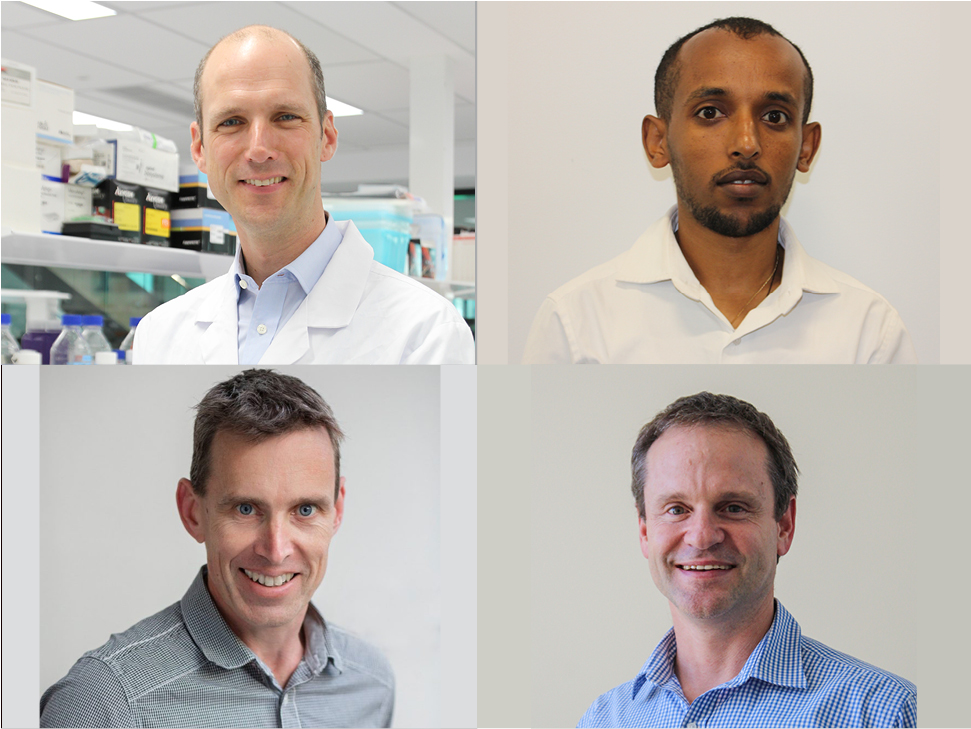
News & Events
Child health research set to benefit from national grantsResearchers at The Kids Research Institute Australia have been awarded $4.6 million in national funding from the National Health and Medical Research Council (NHMRC) and Medical Research Future Fund (MRFF) to help support child health research.
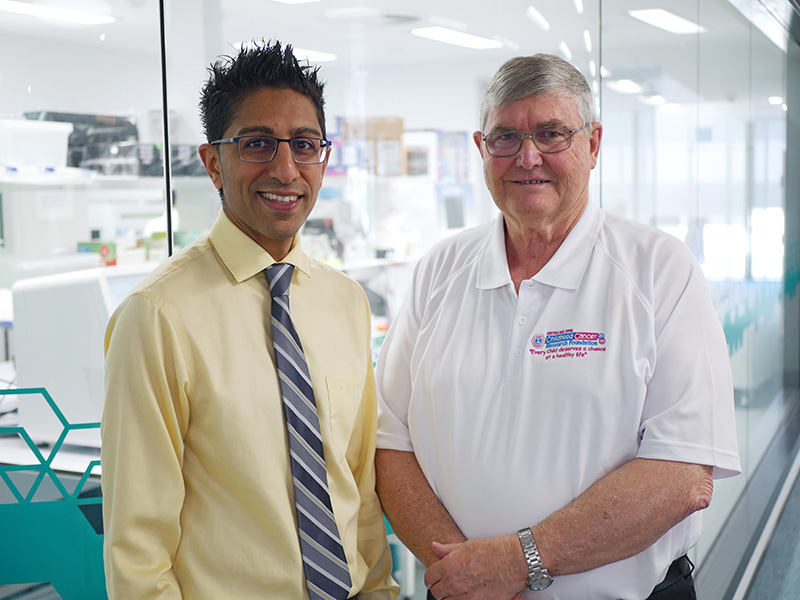
News & Events
Childhood cancer research is getting a $1.05 million boost thanks to Australian Lions Childhood Cancer Research FoundationAustralian Lions Childhood Cancer Research Foundation has announced it will provide $1.05 million of funding to The Kids Research Institute Australia.
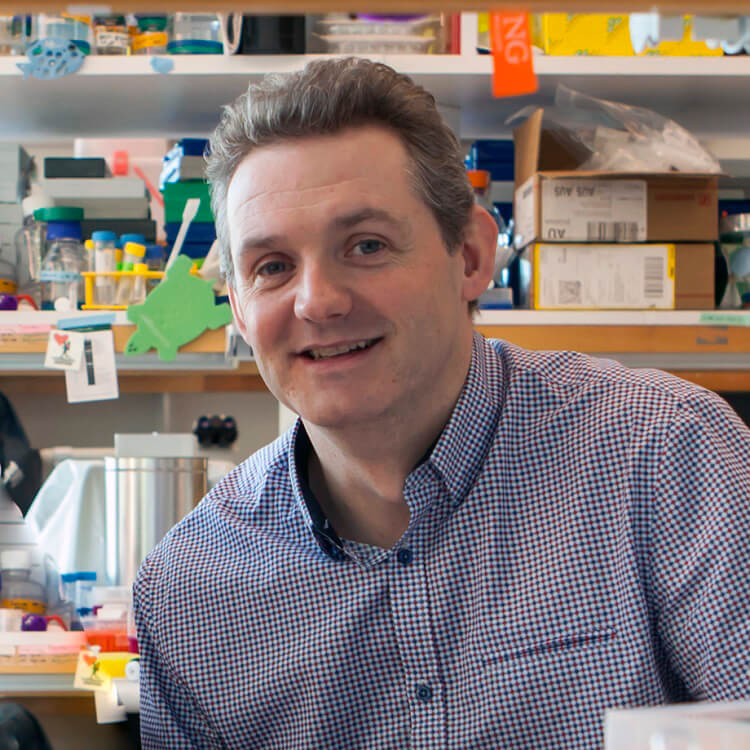
News & Events
Associate Professor Nick Gottardo awarded Cure Brain Cancer Foundation Innovation Grant 2017The Kids cancer researcher & clinician Dr Nick Gottardo has been announced as the recipient of an Innovation Grant from the Cure Brain Cancer Foundation.
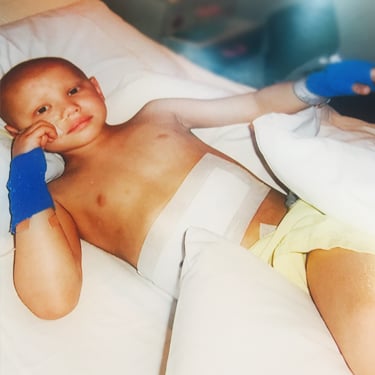
News & Events
Childhood cancer story: How Rennae's child's cancer diagnosis affected her familyRennae's son Samuel was diagnosed with stage 4 neuroblastoma 13 years ago, and was originally given a 20% chance of survival. She bravely shares their story.
